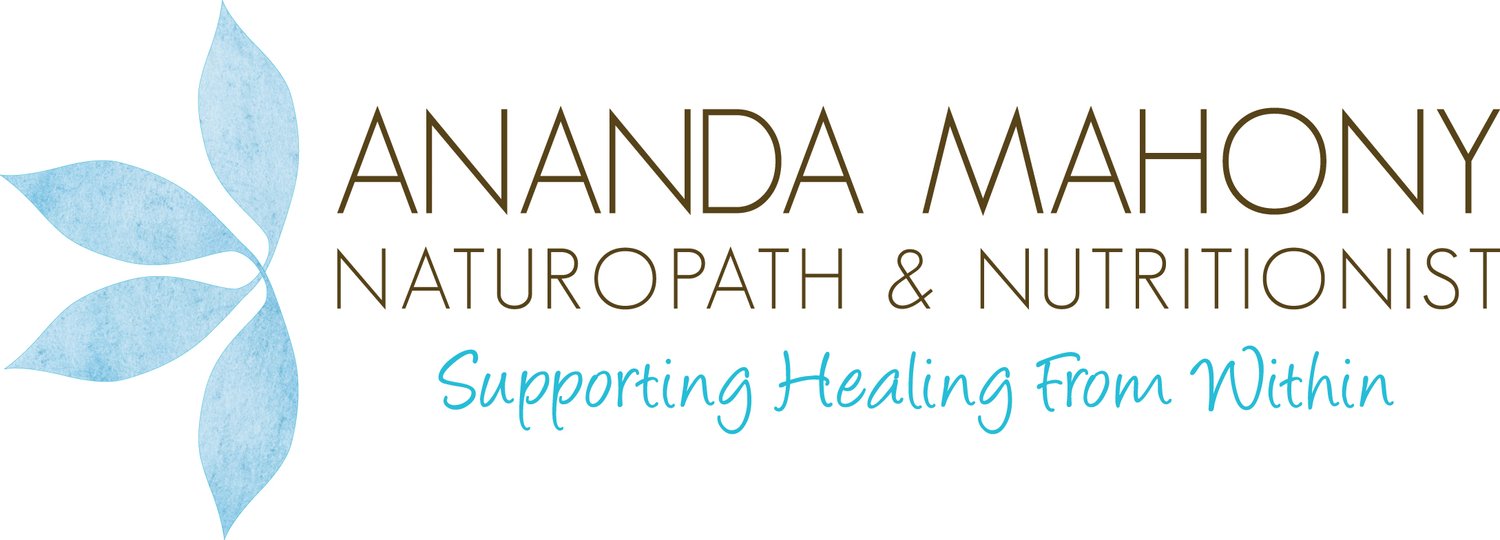Naturopathy & chronic pain
A set of excellent guidelines by NPS MedicineWise includes complementary medicine approaches as part of overall health care planning for those in chronic pain. The specific recommendations also include aspects of life such as physical fitness, mood, sleep, relaxation and overall health. I find these inclusions so positive as they support a holistic approach to pain management and importantly, these aspects fall squarely within the scope of naturopathy, meaning specifically that working with a naturopath can have a health benefit in these areas. I have long held that naturopathy’s holistic approach fits well with the medical biopsychosocial model of chronic pain management and these guidelines further reinforce this approach.
So to the specific recommendations by NPS - I have outlined them below (direct quotes in italics) along with further exploration and commentary from me.
Only use proven approaches to replace conventional care. Or indeed use proven approaches to work together with conventional care. One approach doesn’t have to replace the other, which is why I incorporate both the medical model as well as the naturopathic model of care when working with chronic pain clients. Specifically though, this point emphasises ‘proven’ approaches and indeed I agree, and while I could cite much evidence to support dietary approaches and supplements in the management of chronic pain, instead I have reported evidence of benefit using a whole practice model below:
A study by Herman et. al. (2008) evaluated the cost-effectiveness of complementary care for chronic low back pain (acupuncture, relaxation exercises, exercise and dietary advice, and a back care booklet) compared to standard physiotherapy education and a back care booklet in 70 warehouse workers. Over a 6-month period, naturopathic care significantly improved quality of life as well as reducing societal costs per participant. From the employer perspective, it also reduced absenteeism in the workplace. An earlier study measuring the effectiveness of naturopathic care on low back pain showed similar results however, this study did not measure potential cost savings (Szczurko, 2007).
Learn about the product or practice you are considering, and find out the scientific evidence on its safety and effectiveness. Common sense really. If in doubt ask for evidence of benefit from the health care professional you are considering as part of your care.
Discuss the product or practice you are considering with your healthcare providers. They may be able to advise you on its safety, use and likely effectiveness. While I agree with this point, I don’t know many medical health care providers that can knowledgably discuss naturopathic medicine or nutrition. While you may receive some advice, it may be useful to revert back to the previous point – ask the practitioner you are considering first, then if you need a second opinion you can take the information you receive for review by your current health care professional team. The ultimate aim is that healthcare professionals will work collaboratively and as such, each will understand what the other is doing and you will receive total care.
If you are considering a practitioner-provided complementary health practice such as spinal manipulation, massage or acupuncture, ask a trusted source (such as your healthcare provider) to recommend a practitioner. This is a useful tip, particularly if your trusted source knows of or has a referral network base. I refer clients to health care practitioners that either I, or other clients have had positive experiences with and also those that have a background in the area required for referral.
If you are considering dietary supplements be aware that they may cause health problems if not used correctly, and some may interact with prescription or non-prescription medicines or other supplements you take. This is a really good reason not to take extensive supplementation without advice, particularly if you are on concurrent medication/s. Some supplements are less impactful and less likely to interact than others however it is a good idea to seek the advice of a healthcare professional that has been trained about potential or real interactions associated with dietary supplements, such as a naturopath or nutritionist, or a pharmacist.
Find out about the training and experience of any practitioner you are considering and further ask whether the practitioner has experience working with your type of pain. It is important for practitioners to be clear about the scope of practice. For instance, while I work with clients in chronic pain, I don’t work with oncology patients in pain and so I refer to a naturopathic practitioner with experience in this area.
Remember to tell all your healthcare providers about any complementary health approaches you use. While I would dearly love to say that all health care practitioners across the medical and complementary spectrum work collaboratively, this isn’t always the case. Nonetheless, it is still so important to inform all your health care providers, both complementary and medical of any recommended treatment, critically for safety but also to help ensure you are provided with the best care.
I fundamentally believe in a collaborative and holistic approach to chronic pain and indeed work with my clients in this way. Based on the positive recommendations from NPS MedicineWise and their inclusiveness with regard to complementary medicines, I hope that such approaches will become more mainstream.
References:
Nn, P.M.H., Orest Szczurko, N.D. and Kieran Cooley, N.D., 2008. Cost-effectiveness of naturopathic care for chronic low back pain.
Szczurko, O., Cooley, K., Busse, J.W., Seely, D., Bernhardt, B., Guyatt, G.H., Zhou, Q. and Mills, E.J., 2007. Naturopathic care for chronic low back pain: a randomized trial. PLoS One, 2(9), p.e919.


